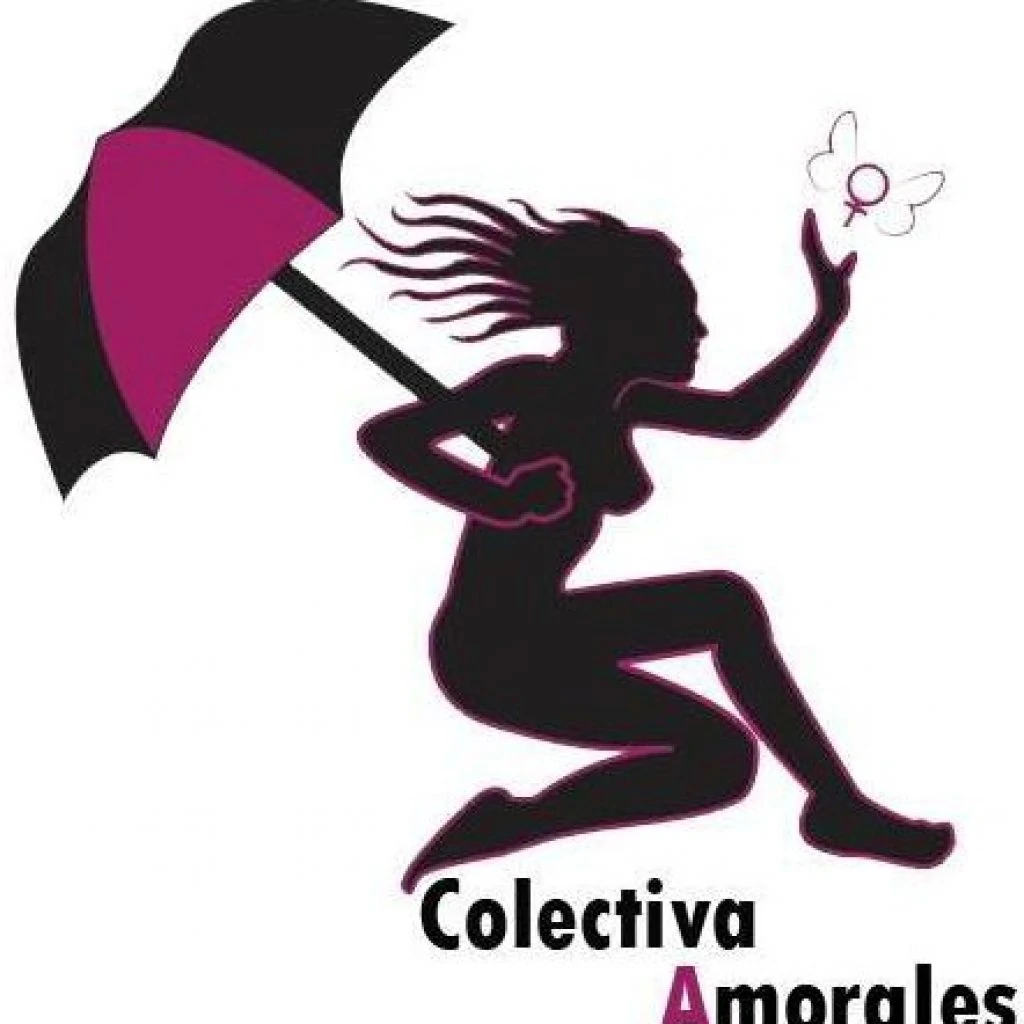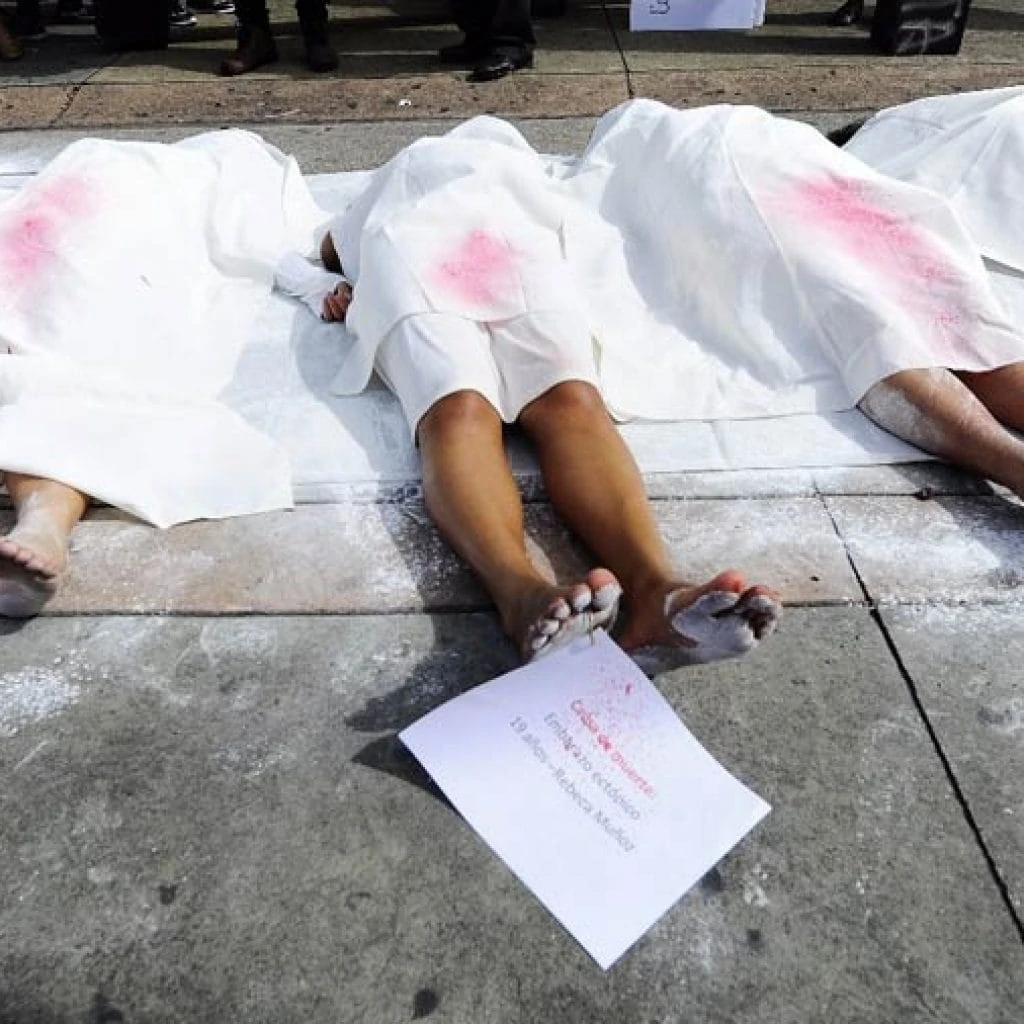Why is terre des hommes schweiz committed to the living conditions and rights of women in El Salvador? Sandra Ramirez, coordinator of terre des hommes switzerland's projects in the Central American country, provides information.
terre des hommes switzerland: Sandra Ramirez, what do you like about El Salvador?
Sandra Ramirez: The people are generous and helpful and our language is soft and melodious. I like the sunny beaches. And Pupusas, those are stuffed doughs baked from corn dough, a typical Salvadoran dish.
What do you dislike about your home country?
Before I could afford a car, I took the bus to work. I never felt safe there. As a woman, men whistle at you all the time and you get molested. Even when I'm driving, I feel the aggression of men. They don't think it's right for a woman to drive a car.
Why is that?
Machismo in El Salvador is very pronounced, it permeates the whole of society. Men regard women as objects who are in the service of others. Women are systematically discriminated against for their gender. Their task is to look after the family and the household. Women who work away from home receive lower wages and they are criticised by men for this. There are also fewer opportunities for them to study. If a woman loses her job, she has fewer alternatives than men.

Women are therefore at a multiple disadvantage compared to men ...
The women in El Salvador are constantly fighting for their dignity and for the men to certify that they are capable of achieving something and that they have a personality. Gender inequality in El Salvador is pervasive.
Where does the idea come from that the woman has to subordinate herself to the man?
There are several reasons for this. The vast majority of girls and women in El Salvador do not know their rights. The existence of feminist organisations like Las Mélidas (partner organisation of terre des hommes, editor) is still relatively young. The other reason is the Catholic Church, which is very powerful here: it demands the absolute obedience of women. This is a profound problem. But also the great gap between rich and poor, with very few powerful families, contributes to the discrimination of girls and women.
Poverty is a reason for flight.
Yes, unemployment is high, many young people emigrate to the USA and send money to their families. This can lead to those left behind saying to themselves: then I do not need to work. - Many sell things like bars or fruit juice in the streets to earn a small income. But often this does not go anywhere and they set off for the north.
Las Mélidas are committed to improving the living conditions and rights of girls and young women Why is the focus on working with young people?
I am convinced that the girls and young women whom we educate, support and strengthen will bring about social change for the next generation. Take, for example, the high-profile work of the Las Amorales group in the Las Mélidas area: this work is not just fun, it is extremely important and it fills me with pride. We know: For several years, in solidarity with the victims, the Amorales have been creatively resisting a professor who systematically sexually harasses female students. Las Amorales do this at a very high level. It is important that we support such peaceful civil society initiatives, even if we do not immediately reap the fruits of this work.

You paint a bleak picture of women's rights in El Salvador. Is there nevertheless progress towards more justice between women and men?
We have good new laws in El Salvador. For example, a woman who has been sexually abused can file a complaint and claim protection. However, the problem remains: laws per se do not create justice. We have many good laws in El Salvador, but there is a lack of implementation. In any case, people must know the laws and be educated about them.
What is the right path to a more just society?
There is so much injustice in El Salvador that only standing together and solidarity across gender and other borders can help. This is not possible without compromise. At the same time, we women and girls must keep at it and continue to stand up for our rights, even if we see only small changes. Passivity certainly does not solve the problem. We must listen to each other, inform and educate in schools and in the community and work together with fathers and mothers.
You mention the parents as role models. How do you raise your children?
My husband and I are privileged because we have both enjoyed a good education and had training in gender education (Gender: the social gender, ed.). My husband trained young people in ideas of masculinity at a young age. When we are together with our two children, a boy and a girl, we treat them equally. That makes all the difference.
Interview: Anna Wegelin
Further projects in El Salvador
Las Mélidas on the web and on Facebook


